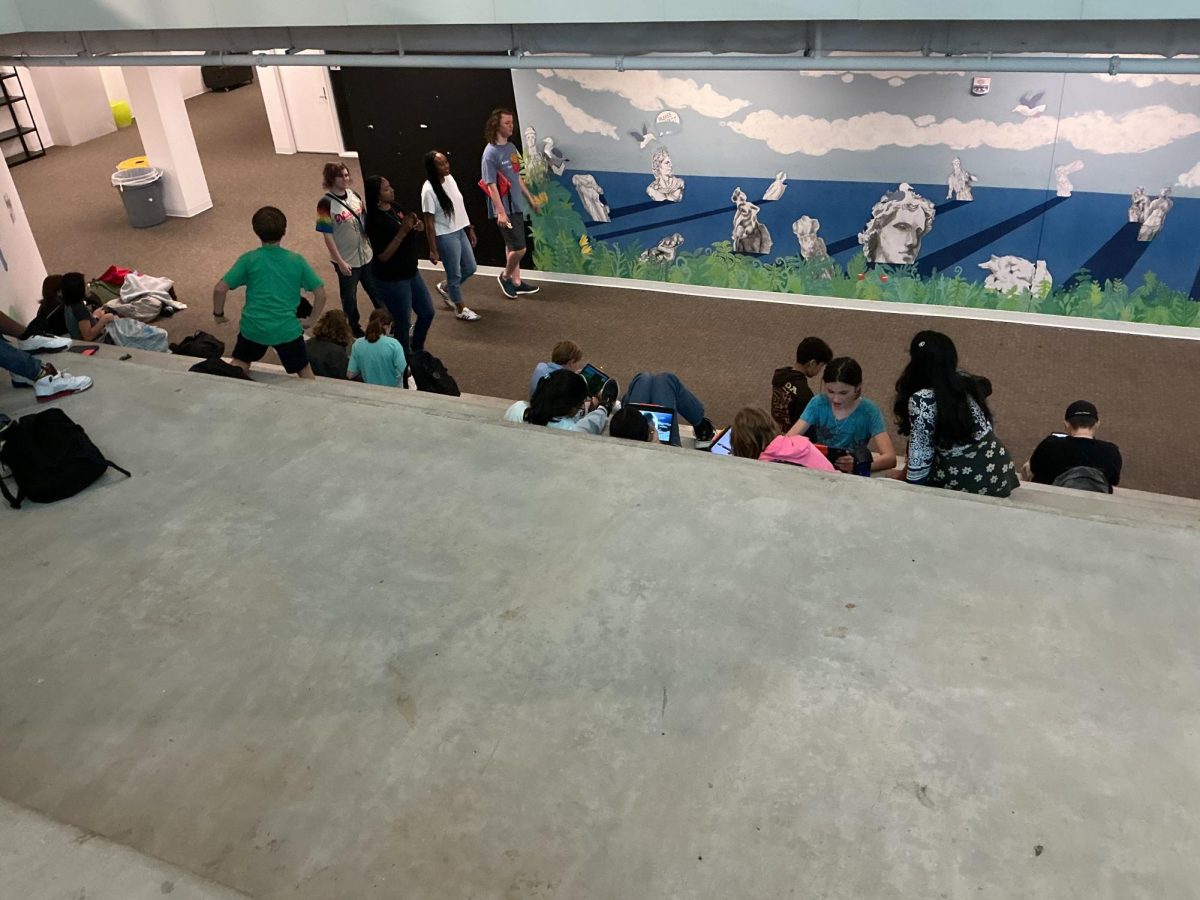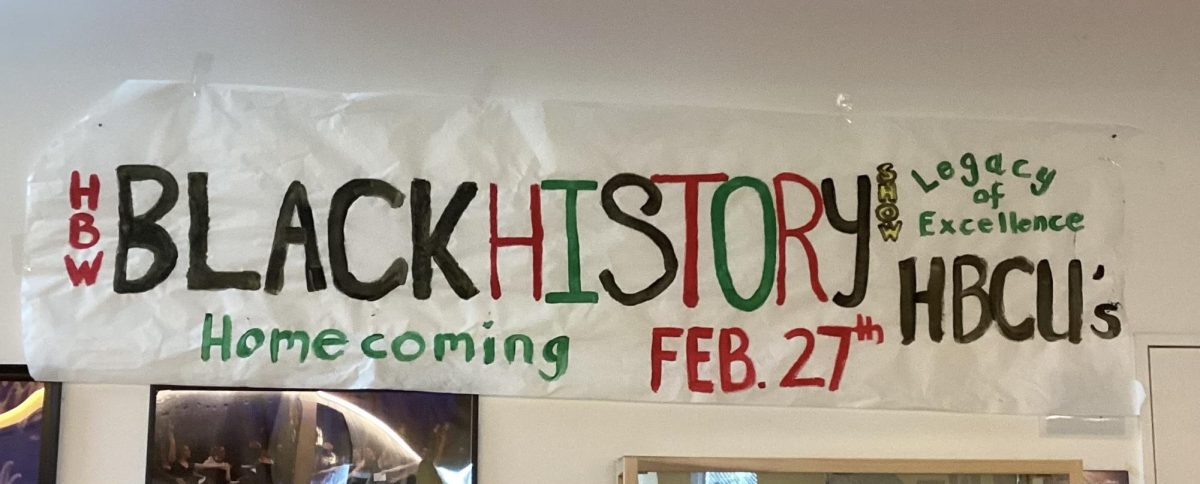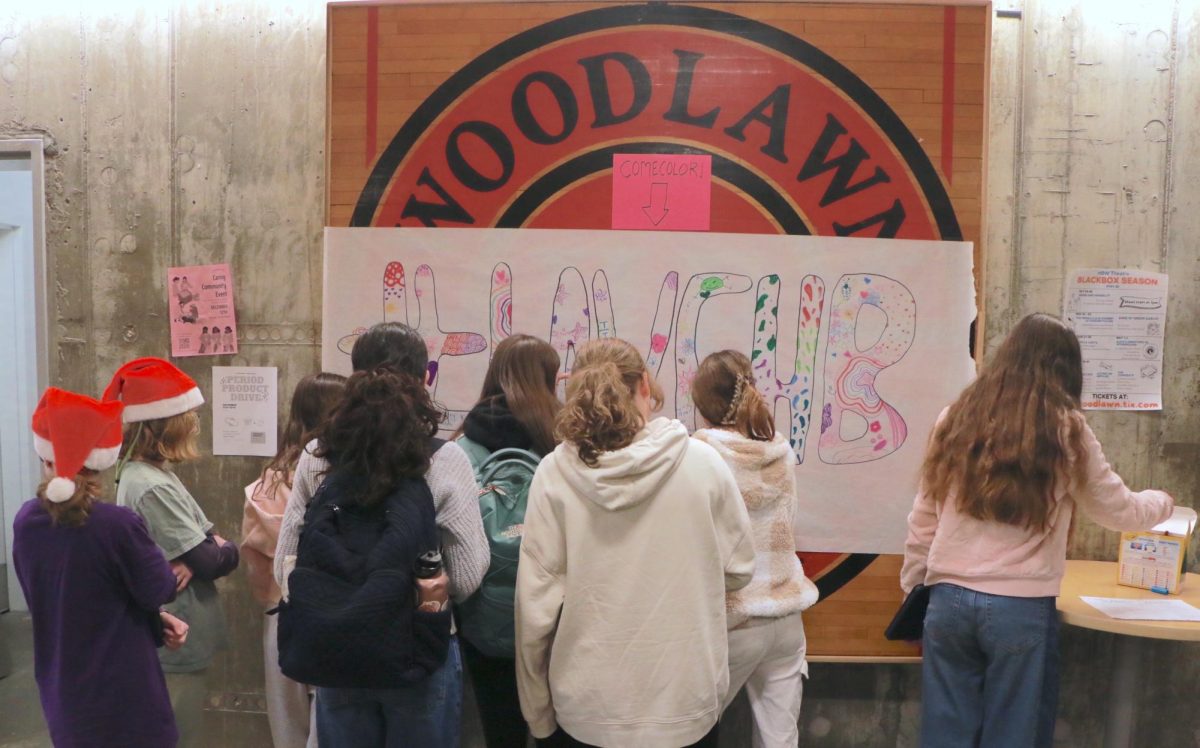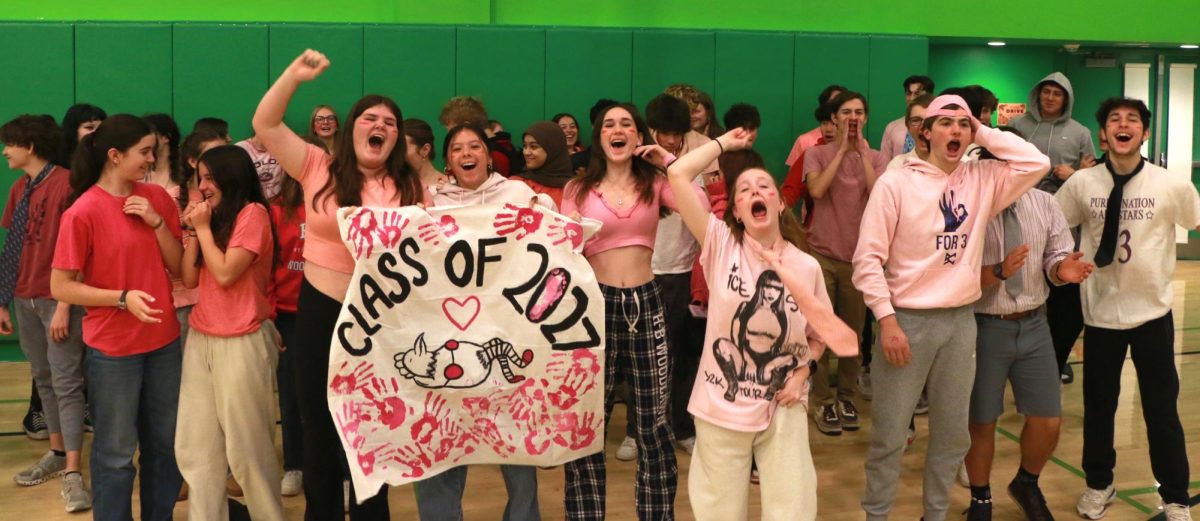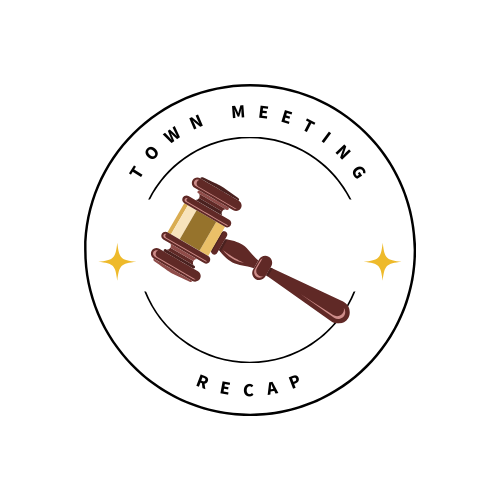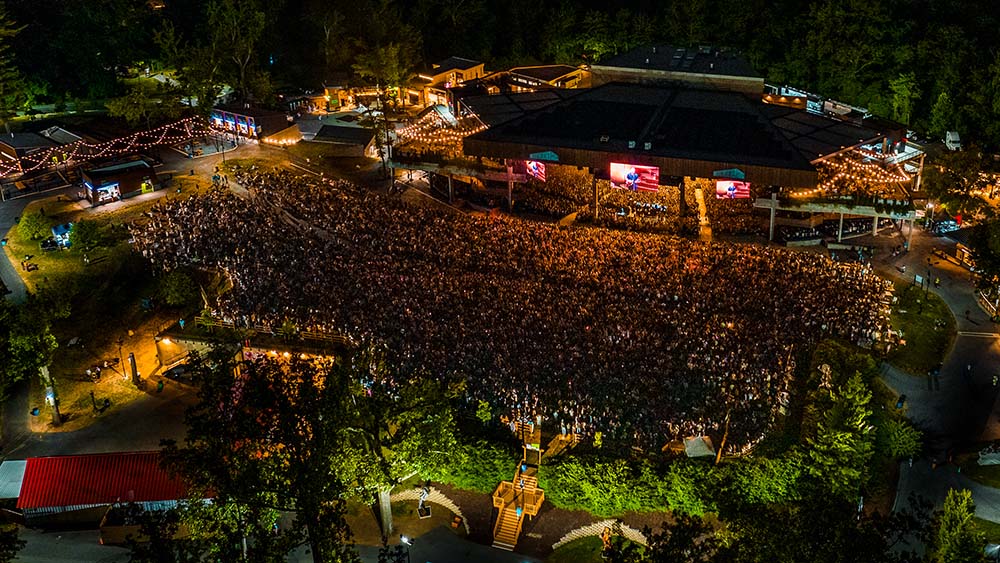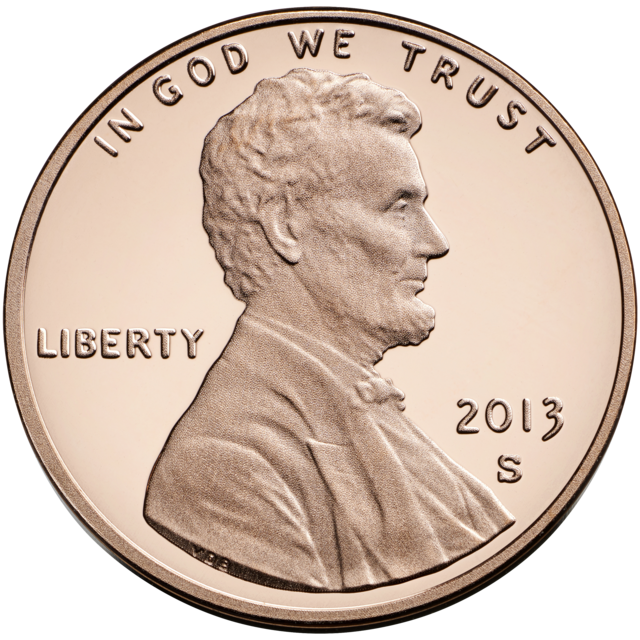Last Sunday, you might have woken up an hour late and a bit bewildered. This was probably because of daylight saving time. This weekend we went through a process called “daylight saving time” and jumped forward one hour.
What is daylight savings time?
Daylight saving (DST), also referred to as “summer time” in the European Union and UK, is the practice of adjusting our clocks so that we are able to make the most of the given daylight. Typically clocks are set forward by one hour in spring, and set back one hour to standard time in the fall. An easy way to remember this is by the saying, “spring forward, fall back”. Daylight saving time is observed in every state except for Hawaii and Arizona (with the exception of the Navajo Nation, Arizona).
What other countries participate in daylight savings time?
Aside from the US, some other countries that participate in daylight savings time are Paraguay, Chile, Cuba, Haiti, The Levant, New Zealand, and parts of Australia. In fact, as of 2023, daylight saving time was observed in about 34% of the world. However, many countries are considering getting rid of daylight saving time because it has been proven to disrupt our sleep and cardiac patterns, which can lead to negative health effects.
Why do we have daylight savings time?
Today the main purpose of daylight savings is to “lengthen” our days maximizing the use of natural light. It is also a form of energy conservation because by maximizing the amount of sunlight, the amount of electricity used decreases. WhileDST was first implemented in the US as a wartime effort during WW1, it was later brought back during WW2 and once again in 1970 during an energy crisis.
How do people feel about daylight savings time?
Daylight saving time affects millions of people across the globe, including us right here at H-B. Michael Gatewood, an 8th grader at H-B Woodlawn, told us that he doesn’t like daylight saving time because “It sucks because it doesn’t do anything. It just changes things for no reason. It doesn’t do anything good.” Wren, another 8th grader here at H-B told us “I hate it. It shouldn’t exist, because there isn’t really a need for daylight savings because of the way earth works. The sun still rises (…) so there really isn’t any need to advance or get rid of an hour. It also throws me off.” 8th grader Karis Lee told us that she “like(s) the fall time change but not the spring one, even though they are essentially to each other because the spring time change makes me tired.” When we asked her if she thought daylight saving was useful she told us “We should have daylight savings time because it’s helpful. But I still don’t like it.” Overall, most people at H-B think daylight saving time is useless and causes more harm than good.
Pros and cons of daylight saving time:
Cons |
Pros |
Health concerns:It disrupts our sleep patterns. The change in time can make it hard for us to fall asleep and wake up. Heart attacks and change in cardiac health. Studies show that daylight saving time with a decrease in our cardiovascular health and an increase in heart attacks It is shown that daylight saving time is related to increased moodiness and stress. Other concerns:The lack of sleep can lead to a lack of productivity, (even though it is only temporary it still affects us). According to The occupational safety and health administration the days following daylight saving time workplace injuries increase by around 6%. After daylight saving time kicks in fatal car crashes increase by around 6%. |
DST allows us to maximize the natural light. According to CNET “the extra hour of daylight (provided by DST) leads to a decrease in crimes such as robberies, which fall by as much as 27% during the sunset hours to save around $246 million in social crime costs each year” According to The National Institute Of Health (NIH) “During daylight saving time, which shifts an hour of daylight to the busier evening traffic hours, there were fewer fatal crashes.” The increased amount of daylight in the evenings can help combat seasonal affective disorder (SAD). It also has a positive effect on people’s moods (over a period of time). According to Wach.com “Daylight saving time contributes to a 13 percent decrease in pedestrian fatalities around dawn and dusk.” According to Wach.com “The economy (potentially) benefits from increased retail sales during daylight saving time Daylight saving time is a chance for us to potentially conserve energy. Because of the increase in natural light, less artificial light is needed. |

